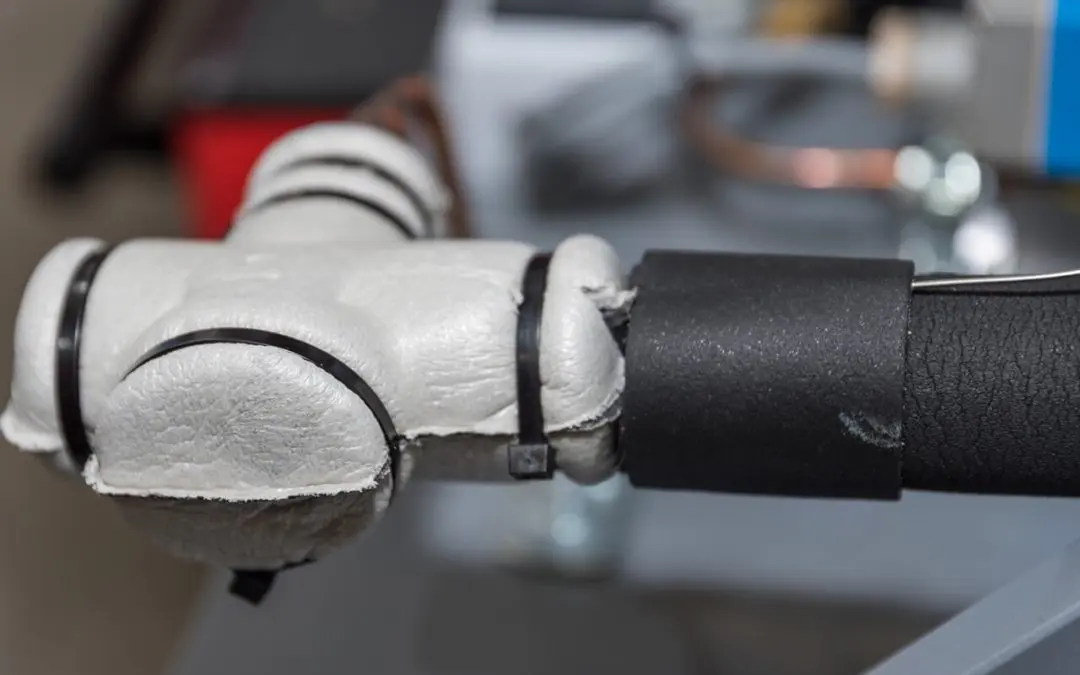Household plumbing leaks can go unnoticed for a long time when the homeowner doesn’t hear trickling water or see a surge in their water bill. However, a leak beneath the floors or behind the walls can cause water damage that is expensive to fix. It is best to take measures to prevent household plumbing leaks and avoid costly damage.
Reduce the Water Pressure
Though many people prefer strong water pressure when taking a shower or washing their hands, high water pressure puts stress on the pipes causing them to fail earlier than they otherwise would. Lowering the water pressure reduces stress on the plumbing system. This extends the lifespan of your pipes and can prevent household plumbing leaks. Check the water pressure with a bib gauge, and if it’s about 85 pounds per square inch, have your plumber put in a pressure reducer.
Install Water Softeners to Prevent Household Plumbing Leaks
Hard water, or water with high mineral content, lays down a crust called limescale that eventually clogs the pipes, which increases the pressure and stresses the plumbing. Hard water also eats away at fittings. Inevitably, leaks can occur. Not only that, limescale can shorten the life of water-dependent appliances like dishwashers and washing machines.
A homeowner can tell if limescale is affecting their pipes because they’ll see the white crust on the faucets. They can also get a report from their water company or have the water in their private well checked. Water is hard if it has more than 7.1 grains of mineral per gallon.
The way to get rid of hard water is to have the plumber install a water softener. This system washes incoming fresh water through a tank filled with resin balls floating in brine. There, the calcium and magnesium are swapped for sodium ions which leaves the water soft and reduces buildup.
Practice Preventive Maintenance
Check Appliances
The pipes, hoses, and connections attached to appliances should be checked regularly and fixed or replaced if they look damaged or deteriorated. For example, the washing machine hoses should be replaced every five years or so by a professional plumber. The plumber should also install backflow preventers on drains that lead to the sewer or septic tank.
Watch Out for Trees Near the House
Another way to prevent household plumbing leaks is to plant trees and shrubs a good distance from the house. This is especially important if they are the kind with roots that tend to infiltrate drain pipes such as willows. If you have trees that are growing very close to the house, consider cutting them down so their roots don’t begin to grow into your pipes.
Protect Pipes from Freezing
Before winter hits, insulate your exposed plumbing pipes with foam pipe insulation. Turn on the faucets just a bit on a bitterly cold night. Freezing water causes pipes to burst, and the faucets are less likely to freeze if left slowly dripping. If you are going on vacation during the cold weather, remember to shut off the main water supply and open all cabinets under sinks before you leave.
Reveal360 Inspection Services serves Northern Colorado with home inspection services. Contact us to book an appointment.

